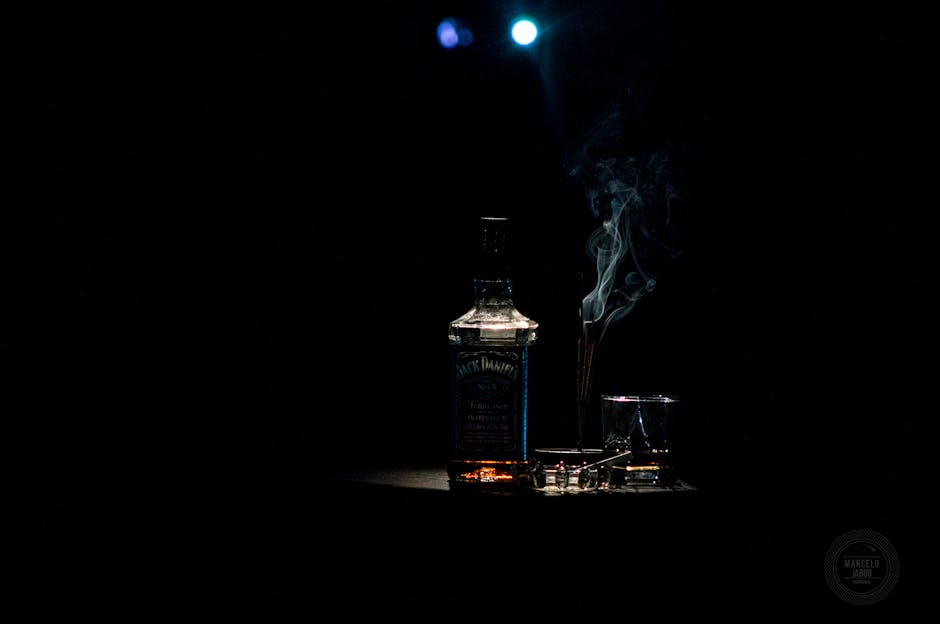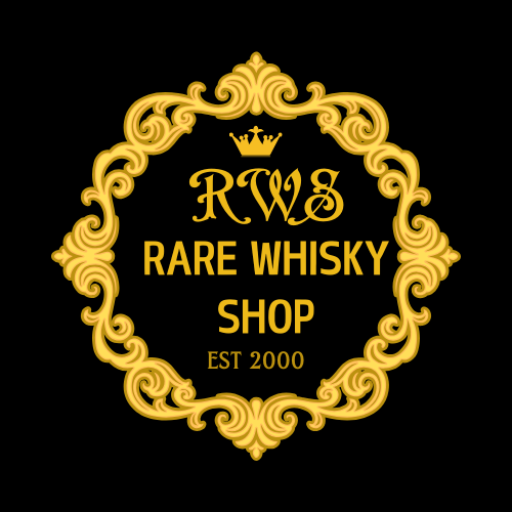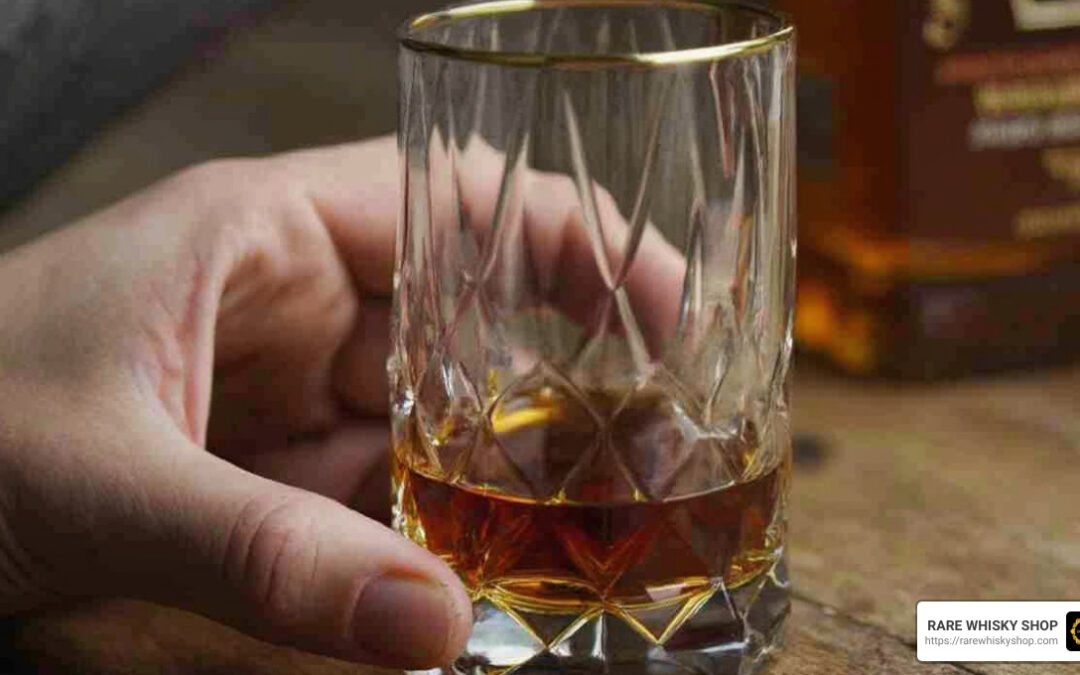Is Rare Whisky a Good Investment? Top 5 Proven Tips
Is rare whisky a good investment?
- Rare whisky has shown significant appreciation over the past decade, often outperforming traditional investment assets like stocks and real estate.
- However, whisky investment comes with risks, and selecting the right bottles requires knowledge and diligence.
- Whisky investments should ideally be part of a diversified portfolio.
Rare whisky investment, often described as “liquid gold,” is capturing the attention of collectors and investors alike. Market data reveals that, over the past ten years, whisky has outpaced many traditional assets, including cars and fine wines, changing the landscape of alternative investments. The rising demand is fueled by a growing appreciation in Asia and the evolving tastes among millennials, which have transformed whisky from an old-fashioned gentleman’s drink to a sought-after luxury asset.
At RARE WHISKY SHOP, we understand the intricacies of investing in rare whiskies, from market trends to individual bottle selection. With years of experience, we provide expert advice on whether is rare whisky a good investment, guiding collectors on securing valuable additions to their collections.
_

_
Is Rare Whisky a Good Investment?
Rare whisky investment, often described as “liquid gold,” is capturing the attention of collectors and investors alike. Market data reveals that, over the past ten years, whisky has outpaced many traditional assets, including cars and fine wines, changing the landscape of alternative investments. The rising demand is fueled by a growing appreciation in Asia and the evolving tastes among millennials, which have transformed whisky from an old-fashioned gentleman’s drink to a sought-after luxury asset.
Appreciation Potential
Rare whisky has shown significant appreciation over the past decade, often outperforming traditional investment assets like stocks and real estate. The Knight Frank Luxury Investment Index highlights a remarkable 586% price growth for some bottles of single malt from 2010 to 2020. This surge is driven by both cultural shifts and increased global wealth, particularly in Asia, where whisky is seen as a symbol of sophistication.
Rarity
Rarity plays a crucial role in a whisky’s investment potential. Limited edition releases and bottles from renowned distilleries are especially prized. For instance, a 1926 Macallan recently set a world record at Sotheby’s, selling for 1.5 million. Such rare finds can offer substantial returns, but they require a keen eye and in-depth knowledge to identify.

Age and Vintage
The age and vintage of a whisky significantly influence its value. Older whiskies, particularly those aged for decades, are often more desirable due to their complex flavors and limited availability. Aged expressions, like the Glen Grant 1952 52 Year Old, are considered masterpieces and can be a collector’s dream. These whiskies not only offer a taste of history but also hold the promise of appreciation over time.
At RARE WHISKY SHOP, we understand the intricacies of investing in rare whiskies, from market trends to individual bottle selection. With years of experience, we provide expert advice on whether is rare whisky a good investment, guiding collectors on securing valuable additions to their collections.
Next, we’ll explore the factors that influence whisky value, such as the distillery’s reputation, the cask type, and the production process.
Factors Influencing Whisky Value
When considering whisky as an investment, understanding what influences its value is crucial. Several key factors come into play:
Distillery and Brand
The reputation of the distillery is often the first thing collectors and investors look at. A well-respected distillery can significantly boost the value of its whiskies. For instance, Macallan and Glenlivet are renowned for producing some of the most sought-after whiskies in the world. Their limited editions frequently fetch high prices at auctions. A distillery with a strong heritage and consistent quality is more likely to see its products appreciate over time.
Cask Type
The type of cask used for ageing whisky can also impact its value. Whiskies aged in unique or rare casks, such as sherry or port barrels, often develop distinct flavors that are highly prized. For example, the Ardbeg Galileo, aged in ex-Marsala wine casks, became a collector’s favorite due to its unique taste profile and limited production. Investing in whiskies with interesting cask histories can be a strategic move.
Production Process
The production process, including factors like the ingredients used, the distillation method, and the ageing period, plays a significant role in determining whisky value. Whiskies with unique production stories or innovative techniques can capture the market’s attention. For example, a Bunnahabhain PX-barrel-aged single malt surprised many with its exceptional quality, leading to a tenfold increase in its value from $80 to $800.
Whisky investments require a deep understanding of these factors to make informed decisions. At RARE WHISKY SHOP, we emphasize the importance of these elements in evaluating whether rare whisky is a good investment for your portfolio.
In the next section, we’ll discuss how to invest in rare whisky through various methods, such as bottle purchases, cask ownership, and whisky funds.
How to Invest in Rare Whisky
Investing in rare whisky can be a rewarding venture, but it requires a strategic approach. Here, we explore three primary methods: bottle purchases, cask ownership, and whisky funds.
Bottle Purchase
Buying a single bottle of rare whisky is the most straightforward way to start your investment journey. This approach is ideal for those who want to dip their toes into whisky investments without committing significant resources.
- Rarity and Age: Look for bottles with limited production runs, unique characteristics, or significant age. For instance, a bottle like the Macallan 1946, which sold for £460,000, exemplifies how rarity and age can drive value.
- Market Research: Use tools like the Rare Whisky 101 index to identify highly traded bottles at UK auctions. This data can guide you in selecting bottles with the best appreciation potential.
- Condition: Ensure the bottle and packaging are in pristine condition, as this significantly affects resale value.
Cask Ownership
For those willing to invest more time and money, buying whisky by the cask offers a deeper dive into the whisky world.
- Direct Investment: Some distilleries allow direct investments, letting you purchase casks that are still aging. This method requires patience, as you may need to wait several years for the whisky to mature and increase in value.
- Brokers and Warehouses: Alternatively, work with brokers who buy and store casks in bonded warehouses. This option includes storage and insurance, providing peace of mind for investors.
- Exit Strategy: When ready to sell, you can target independent bottlers, auction houses, or other investors. Aged cask whisky often finds its way into high-demand blended Scotch products.
Whisky Funds
For those who prefer a hands-off approach, whisky funds offer an opportunity to invest in a collection of rare whiskies without the hassle of individual selection and storage.
- Diversification: Whisky funds provide diversification, pooling resources to invest in a range of rare bottles and casks. This reduces risk compared to investing in a single bottle or cask.
- Management Fees: Be mindful of management and other fees, which can impact long-term returns. Ensure you understand these costs before committing to a fund.
Investing in rare whisky is not just about financial returns; it’s also about passion and appreciation for the craft. Whether you choose bottle purchases, cask ownership, or whisky funds, each method offers unique advantages and challenges. At RARE WHISKY SHOP, we provide insights and selections to help guide your investment journey.
In the next section, we’ll explore the different types of rare whisky to consider, including Scotch, Japanese whisky, Irish whiskey, and American bourbon.
Types of Rare Whisky to Consider
When venturing into whisky investment, selecting the right type of whisky is crucial. Each type has its unique characteristics and market appeal. Here’s a closer look at four popular categories: Scotch, Japanese whisky, Irish whiskey, and American bourbon.
Scotch
Scotch whisky is renowned for its rich history and diverse flavors. It hails from Scotland and must be aged for at least three years in oak barrels. Scotch can be further categorized into single malt, single grain, blended malt, blended grain, and blended Scotch whisky.
- Single Malt Scotch: Made from malted barley at a single distillery, it’s often considered the pinnacle of Scotch. Distilleries like Macallan and Glenfiddich produce sought-after single malts that can appreciate significantly over time.
- Rarity and Age: Older and limited edition Scotches tend to be more valuable. For example, the Macallan 1926, which sold for $2.7 million, highlights the potential value of rare, aged Scotch.
Japanese Whisky
Japanese whisky has gained international acclaim for its craftsmanship and unique flavors. Inspired by Scotch, Japanese whisky often emphasizes balance and harmony.
- Rising Popularity: Brands like Yamazaki and Hibiki have seen a surge in demand, driven by their meticulous production methods and limited releases. The Yamazaki 55 Year Old, for instance, is a collector’s dream due to its rarity and complex flavor profile.
- Market Trends: As the number of available casks declines, prices for Japanese whisky are on the rise, making it a compelling choice for investors.
Irish Whiskey
Irish whiskey is known for its smoothness and triple distillation process, which sets it apart from other types. It’s experiencing a resurgence in popularity, with both traditional and innovative expressions.
- Diverse Offerings: From single pot still to single malt, the variety within Irish whiskey caters to different tastes. Distilleries like Midleton and Redbreast are renowned for their high-quality products.
- Investment Potential: While not as established in the investment market as Scotch or Japanese whisky, select Irish whiskies are gaining traction among collectors.
American Bourbon
American bourbon is a type of whiskey made primarily from corn and aged in new charred oak barrels. It offers a distinct flavor profile with notes of caramel, vanilla, and oak.
- Heritage Brands: Iconic brands like Pappy Van Winkle and Blanton’s are highly sought after, with limited releases often selling out quickly. These bourbons can command high prices on the secondary market.
- Collector Appeal: The growing interest in bourbon, especially among American collectors, makes it a viable investment option.
Each type of rare whisky offers unique investment opportunities. Whether you prefer the traditional allure of Scotch, the artistry of Japanese whisky, the smooth elegance of Irish whiskey, or the bold flavors of American bourbon, understanding these categories will help you make informed investment choices.
Next, we’ll address frequently asked questions about rare whisky investment, exploring topics like appreciation potential, the safety of whisky investments, and more.
Frequently Asked Questions about Rare Whisky Investment
Does rare whiskey appreciate in value?
The appreciation potential of rare whisky is one of its most enticing aspects for investors. Several factors contribute to its value increase over time:
- Age and Rarity: Generally, the older a whisky is, the more valuable it becomes, especially if it’s part of a limited release. The scarcity of older whiskies drives up demand and, consequently, their market price. For instance, the 1926 Rare Macallan single malt, which sold for $2.7 million, underscores how age and rarity can significantly boost value.
- Market Demand: The increasing global interest in whisky, particularly from affluent regions like Asia, has fueled demand for luxury and rare bottles. This demand often translates into higher prices, making rare whisky a potentially profitable investment.
Is a limited edition whiskey a good investment?
Limited edition whiskies can be excellent investments due to their unique characteristics and scarcity:
- Unique Characteristics: These whiskies often feature special cask types, unique production processes, or distinctive flavors that set them apart from regular releases. For example, a Bunnahabhain PX-barrel-aged single malt, initially priced at $80, has seen its value soar to $800 due to its exceptional quality and limited availability.
- Limited Supply: The limited number of bottles produced adds to their allure. Whiskies with fewer than 9,000 bottles can be particularly attractive to collectors and investors looking for exclusivity.
How safe are whisky investments?
While investing in rare whisky can be rewarding, consider the inherent risks:
- Market Risks: The whisky market can be volatile, with values fluctuating based on trends, collector interest, and economic conditions. Changes in consumer preferences or a global economic downturn could impact the market.
- Economic Factors: Whisky investments are not immune to broader economic shifts. A recession or financial crisis could lead to decreased spending on luxury goods, affecting whisky prices. However, historically, prices tend to recover over time if the whisky remains in high regard.
- Due Diligence: Ensuring the authenticity and provenance of a whisky is crucial to mitigate risks of fraud. It’s advisable to purchase from reputable dealers and auction houses, which typically conduct thorough checks before listing bottles for sale.
Investing in rare whisky requires a keen understanding of market dynamics and a cautious approach to mitigate risks. By focusing on age, rarity, and limited editions, while being mindful of market and economic factors, investors can steer this spirited market with confidence.
Next, we’ll dig into how to invest in rare whisky, exploring methods like bottle purchase, cask ownership, and whisky funds.
Conclusion
Investing in rare whisky is like starting on a journey filled with excitement and risks. It’s crucial to weigh these risks against the potential rewards.
Investment Risks
Investing in rare whisky can be rewarding, but it comes with its set of risks. Market volatility is a primary concern; the value of whisky can fluctuate based on trends, availability, and economic conditions. A particular whisky might fall out of favor, or a global economic downturn could impact luxury spending. To mitigate these risks, stay informed and make well-researched decisions.
Rare Whisky Shop
At Rare Whisky Shop, we pride ourselves on offering an exceptional selection of rare and desirable whiskies. Our commitment to quality and tradition ensures that each bottle we deliver is a testament to the rich heritage of whisky-making. We believe in providing our customers with not just a product, but an experience that celebrates the art and craft of whisky.
Passion for Whisky
Our passion for whisky goes beyond the bottle. We are part of a community that appreciates the stories, history, and craftsmanship behind each label. This passion drives us to curate a collection that not only meets investment potential but also brings joy and satisfaction to whisky enthusiasts.
Investing in rare whisky is not just about financial gain; it’s about embracing a culture and history that has stood the test of time. Whether you’re a seasoned investor or a curious newcomer, whisky offers opportunities to explore, enjoy, and potentially profit.
For those ready to start on this spirited journey, explore our rare whisky collection and find the unique offerings that make whisky investment a truly enriching experience.

